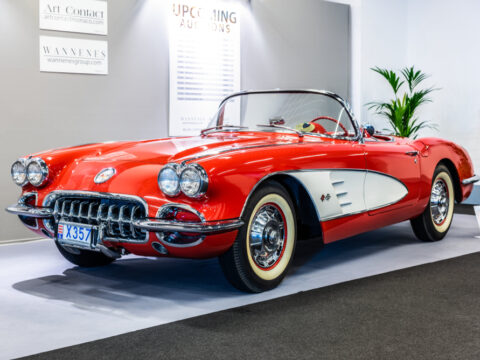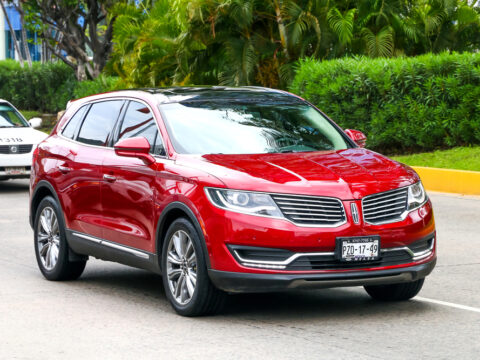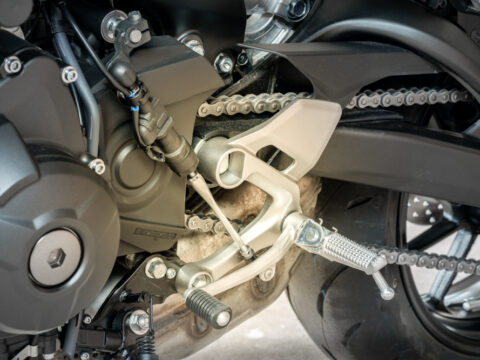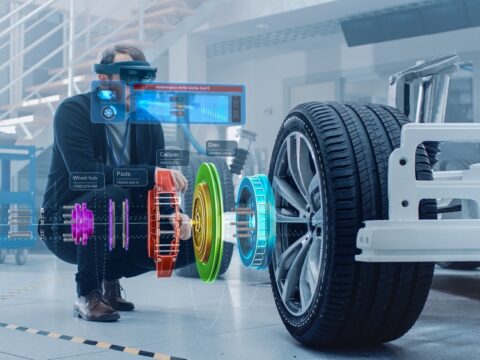Car warranties can offer valuable protection, but there are many myths surrounding them that can lead to costly mistakes. Misunderstanding what’s covered, when to buy, or how repairs affect your warranty could result in unnecessary expenses. We’ll discuss 20 common myths about car warranties so you can avoid losing money and make the most of your coverage.
Contents
Extended warranties aren’t worth the cost
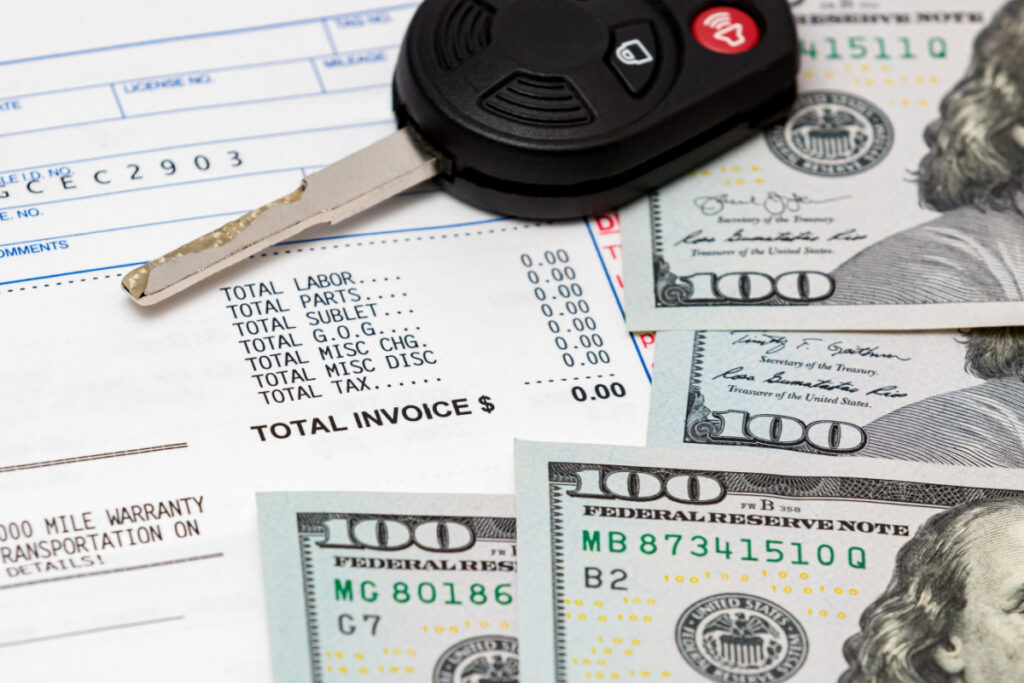
It’s a common belief that extended warranties are a waste of money, but they can actually save you significant amounts on expensive repairs. If your vehicle has a history of issues like transmission or engine failure, an extended warranty may prevent large out-of-pocket expenses. Although they seem pricey upfront, the protection they offer can more than make up for the initial cost. Evaluating the car’s reliability and typical repair costs helps make an informed decision about warranty extensions.
Only the dealer can service my car under warranty
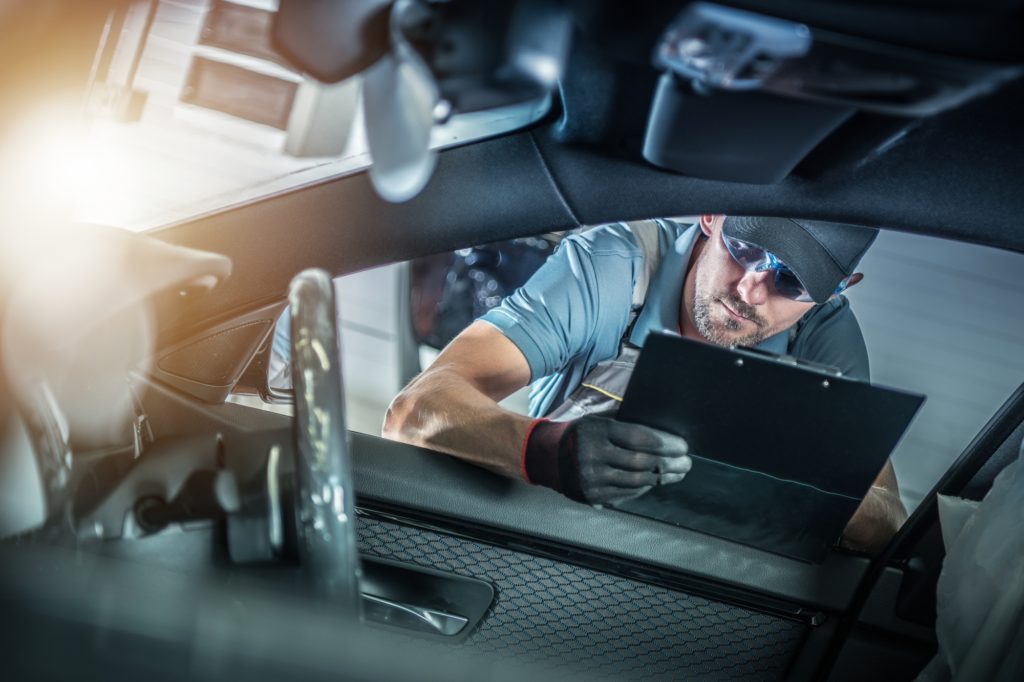
A widespread myth is that only a dealership can service your car to maintain the warranty. In reality, you can go to any certified mechanic as long as they use proper parts and follow the manufacturer’s guidelines. The Magnuson-Moss Warranty Act protects you from being forced into dealership-only service, which ensures fair consumer options.
Using aftermarket parts voids the warranty
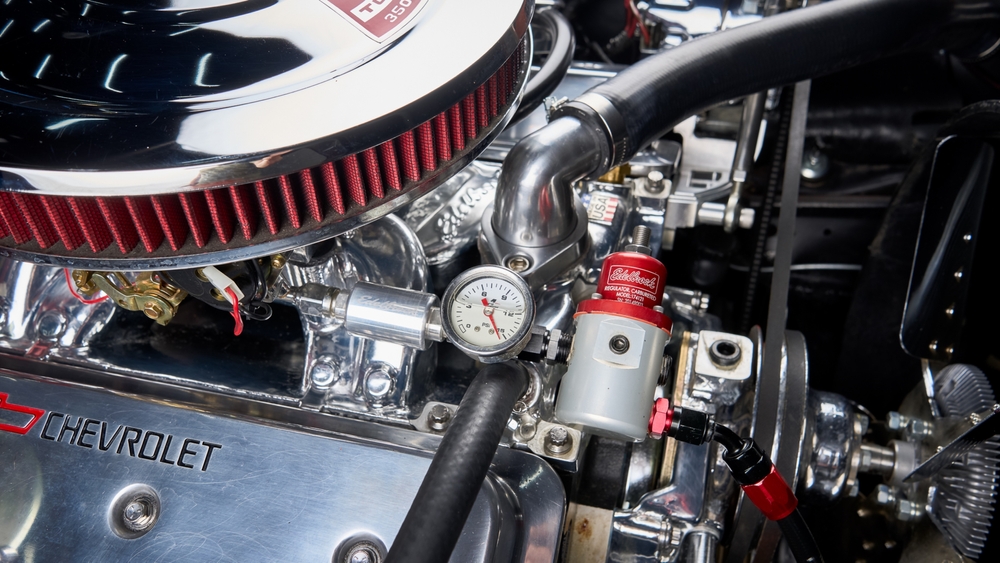
Many car owners believe that using aftermarket parts will void their warranty, but that’s not entirely true. Manufacturers cannot deny coverage unless they can prove that the aftermarket part caused the damage. As long as the parts are compatible and correctly installed, your warranty remains valid. It’s crucial, though, to check the warranty’s terms to ensure there are no specific restrictions.
Warranties cover everything

It’s easy to assume that warranties provide full coverage for all vehicle issues, but they typically exclude wear-and-tear parts. Items like tires, brake pads, and windshield wipers are not included in most warranties, as these are expected to wear out through normal use. Reading through your warranty’s details is the best way to know what is and isn’t covered. By knowing the limitations, you can avoid unexpected repair bills.
You can’t buy an extended warranty after the original one expires
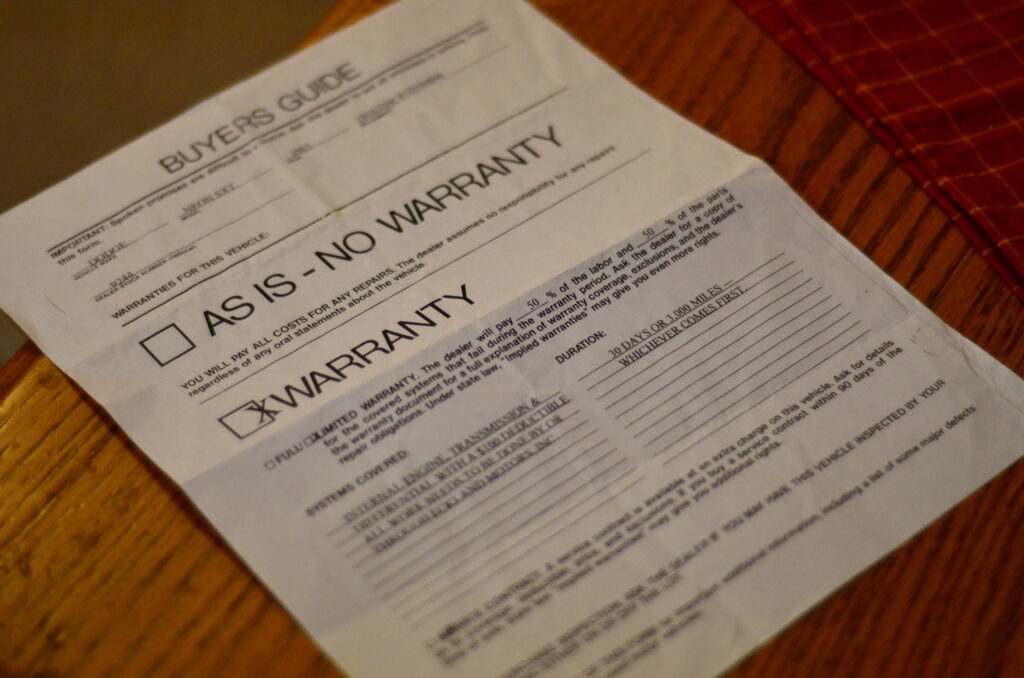
Some think that extended warranties must be purchased before the manufacturer’s warranty runs out, but this is false. Many companies offer extended warranties even after the initial coverage has ended, though prices can increase with time. The key is to shop around and compare plans, as you may find an extended warranty that fits your needs even later on. However, delaying the purchase too long can lead to higher costs.
Extended warranties cover routine maintenance

Another misconception is that extended warranties will cover routine maintenance, such as oil changes or tire rotations. In truth, most extended warranties are designed to handle unforeseen repairs rather than everyday upkeep. You’ll still be responsible for regular maintenance costs, so it’s important to budget accordingly. Make sure to thoroughly understand what an extended warranty covers before buying.
Warranties will pay for any breakdown, no matter what
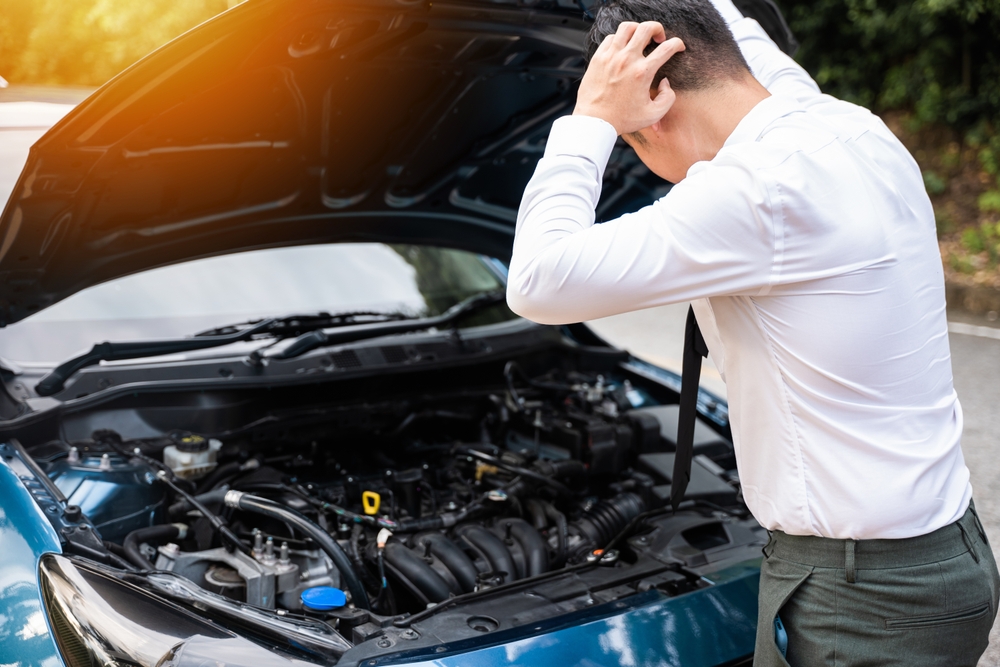
Many people mistakenly believe that warranties will cover any car breakdown, regardless of the cause. However, most warranties only cover issues that result from manufacturing defects or faulty parts. Damage caused by accidents, neglect, or improper maintenance is typically excluded. Following the recommended service schedule is essential to avoid invalidating your warranty claims.
You have to pay for a warranty transfer when selling a car

When selling a vehicle, some believe there’s always a cost involved in transferring the warranty to the new owner. While certain warranties do charge a small transfer fee, others allow the transfer at no additional cost. In many cases, transferring the warranty can increase the resale value of the vehicle. Always check the specifics of the warranty to know whether a fee applies.
Warranties and insurance cover the same things

Some car owners confuse warranties with insurance, thinking they offer the same type of coverage. Warranties are primarily designed to address defects in materials or workmanship, whereas insurance covers damages from accidents or natural events. It’s important to understand the distinction to avoid unmet expectations. Warranties and insurance complement each other, but they do not overlap in terms of what they protect.
Extended warranties are only for new cars

Extended warranties aren’t exclusively for new cars, contrary to popular belief. Used cars are often eligible for extended warranties as well, though the cost may be higher depending on the vehicle’s age and condition. For cars that may have higher repair risks, this extra coverage can be a wise investment. Consider the car’s reliability record and the cost of potential repairs when deciding.
If you miss one maintenance service, your warranty is void
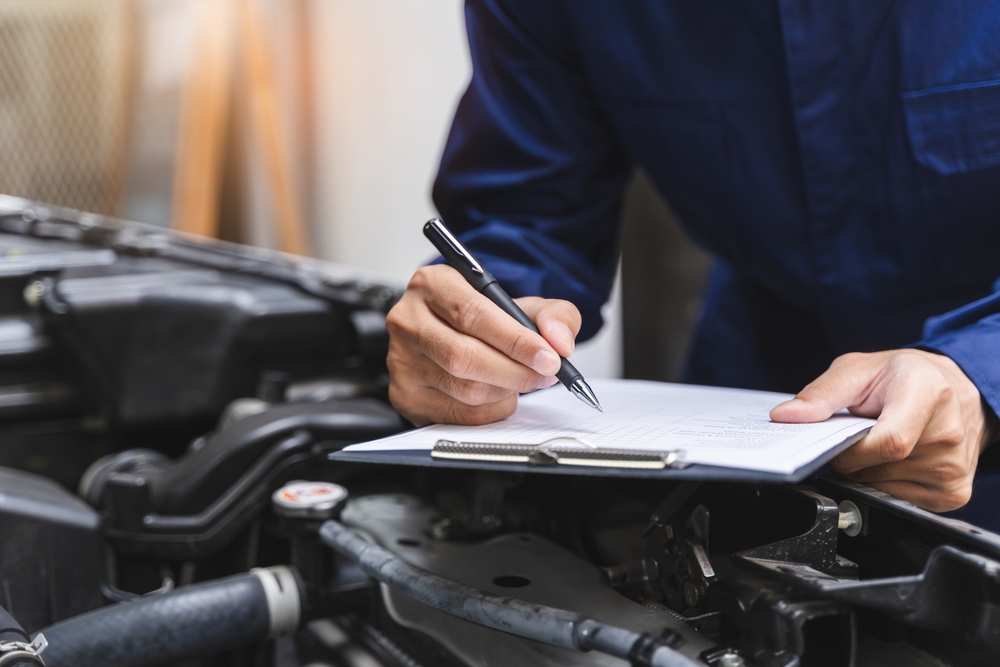
It’s a common fear that missing one routine service appointment will void your entire warranty, but that’s not always the case. While long-term neglect can result in denied claims, missing one scheduled maintenance won’t typically invalidate coverage. As long as you resume regular maintenance and keep records, your warranty remains intact. Keeping up with the manufacturer’s recommended service intervals is still important to avoid complications.
Warranties must be purchased at the time of vehicle purchase

Many people mistakenly believe that an extended warranty must be purchased at the same time as the vehicle. In reality, you can often buy an extended warranty later, even after the initial purchase is complete. In fact, waiting a few months can give you a better sense of whether the warranty is needed. Just be mindful that prices may rise as your car ages.
Only the first owner of the vehicle gets the warranty benefits
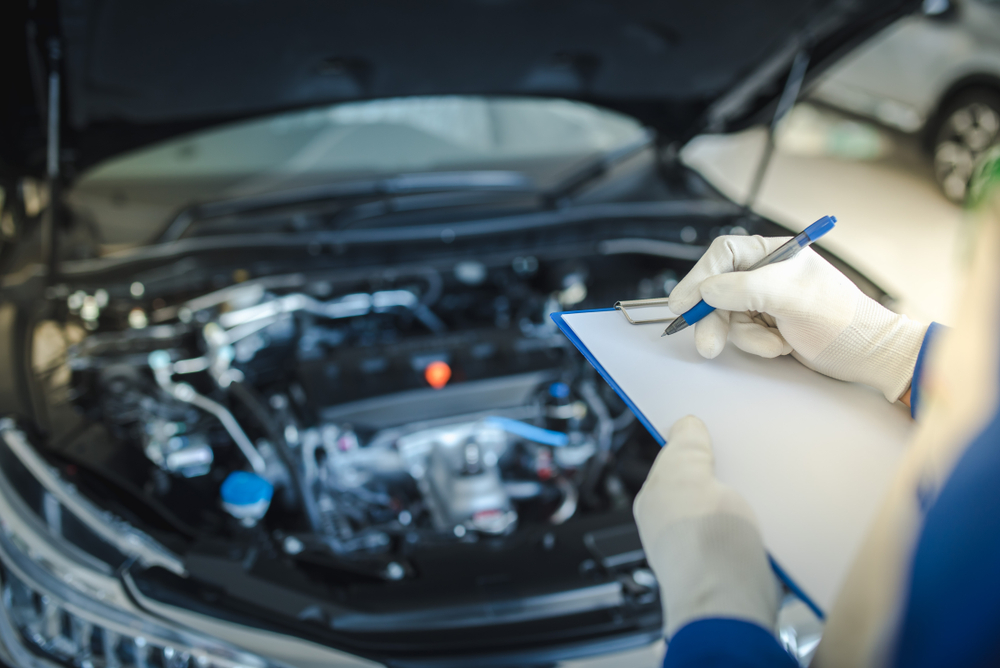
Another myth is that warranties are only valid for the original owner of the vehicle. However, many warranties are transferable, meaning that subsequent owners can take advantage of the remaining coverage. This can make a used car more attractive to potential buyers. Always check the warranty’s terms to confirm its transferability before selling or buying a pre-owned vehicle.
I can cancel my extended warranty at any time without penalty

Some believe they can cancel their extended warranty without any financial consequences, but that’s often not true. While some providers offer a limited window for penalty-free cancellation, many charge fees if you cancel outside of this period. In some cases, you may only receive a prorated refund. It’s essential to understand the cancellation policy before signing up.
Warranties don’t cover electrical components
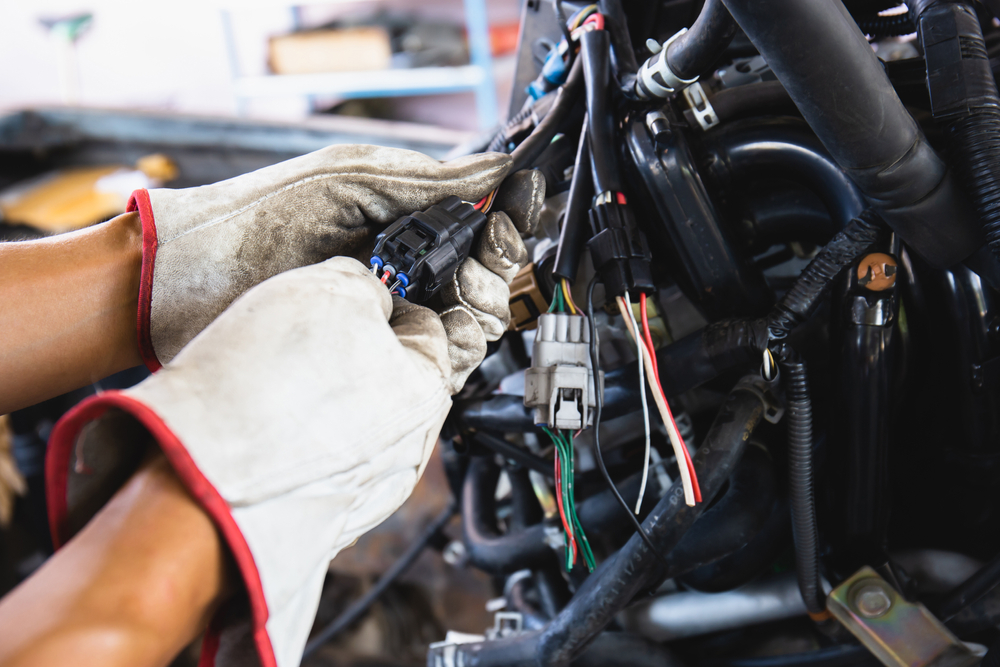
People sometimes think that warranties exclude electrical components, but that’s not the case with most comprehensive plans. Modern warranties often cover everything from infotainment systems to electronic sensors, provided the issue stems from a manufacturing defect. As vehicles become more technology-driven, ensuring electrical parts are covered is increasingly important.
Warranties automatically extend if repairs take a long time

Some believe that if a car is stuck in the shop for a lengthy period, the warranty will automatically be extended to cover that lost time. In reality, most warranties run continuously from the date of purchase, regardless of repair delays. However, some states have laws that may protect consumers in cases of prolonged repairs. Always ask your warranty provider about their policies on repair time extensions.
You can’t negotiate the price of an extended warranty

It’s often assumed that the price of an extended warranty is fixed, but that’s not necessarily true. Many dealerships and warranty providers are willing to negotiate or offer discounts. Comparing offers from multiple sources can sometimes result in significant savings. Don’t be afraid to haggle or ask for price reductions, especially if you’re making a large purchase.
If my car is modified, the entire warranty is void
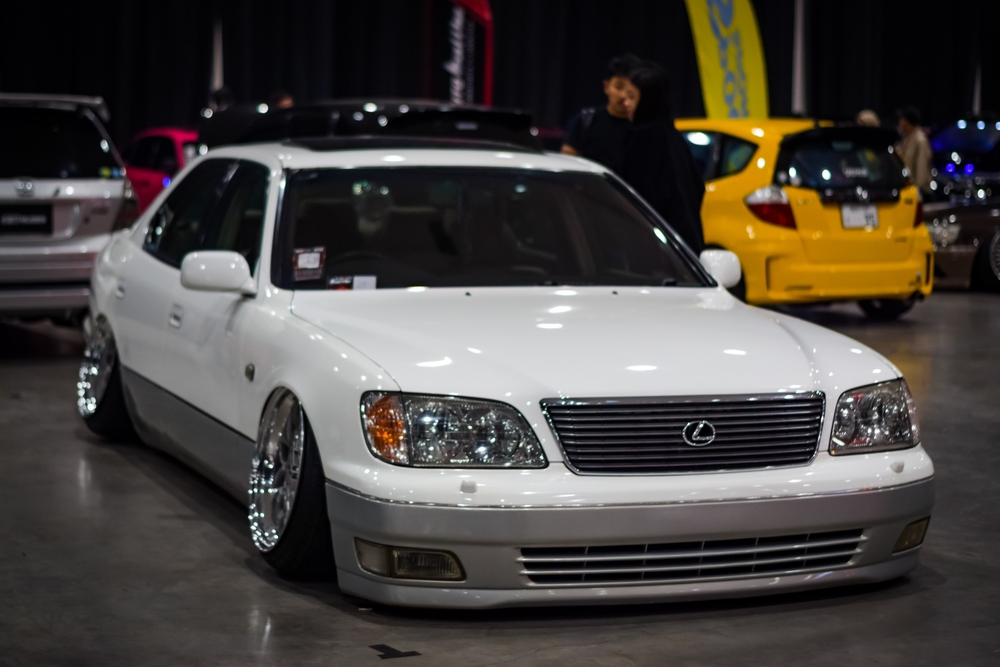
There’s a widespread belief that modifying any part of your car automatically voids the entire warranty. In fact, most warranties are only voided for the specific part of the car affected by the modification. For example, installing a performance chip may void coverage on the engine, but other areas like the suspension could still be covered. Always check how modifications will impact specific warranty areas before making changes.
I don’t need a warranty for a reliable car

Some assume that warranties are unnecessary if they own a car known for reliability, but even dependable vehicles can encounter issues as they age. Expensive components like transmissions or air conditioning units can still fail, leading to costly repairs. A warranty can provide financial protection for these unexpected situations. It’s wise to consider long-term costs before deciding to forego a warranty.
Warranties always cover towing expenses

While some warranties do include towing, this coverage isn’t guaranteed. Many standard warranties don’t automatically cover towing costs unless you have roadside assistance or additional protection. Knowing whether your warranty includes towing can save you from unexpected charges. If towing isn’t covered, you might want to invest in a separate roadside assistance plan.
This article originally appeared in MyCarMakesNoise.
More from MyCarMakesNoise
18 Key Moments That Defined the Dodge Charger’s Evolution

The Dodge Charger has been an iconic name in the automotive world for decades, evolving from a classic muscle car to a modern powerhouse. Throughout its journey, there have been key moments that shaped its identity and solidified its place in car history. Read More.
13 Classic Sailboats Still Gracefully Navigating the Seas

There’s something timeless about the sight of a classic sailboat cutting through the waves. While modern vessels dominate most marinas, a few traditional sailboats continue to navigate the seas with grace and elegance. Read More.
20 Fascinating Facts about Classic American Muscle Cars
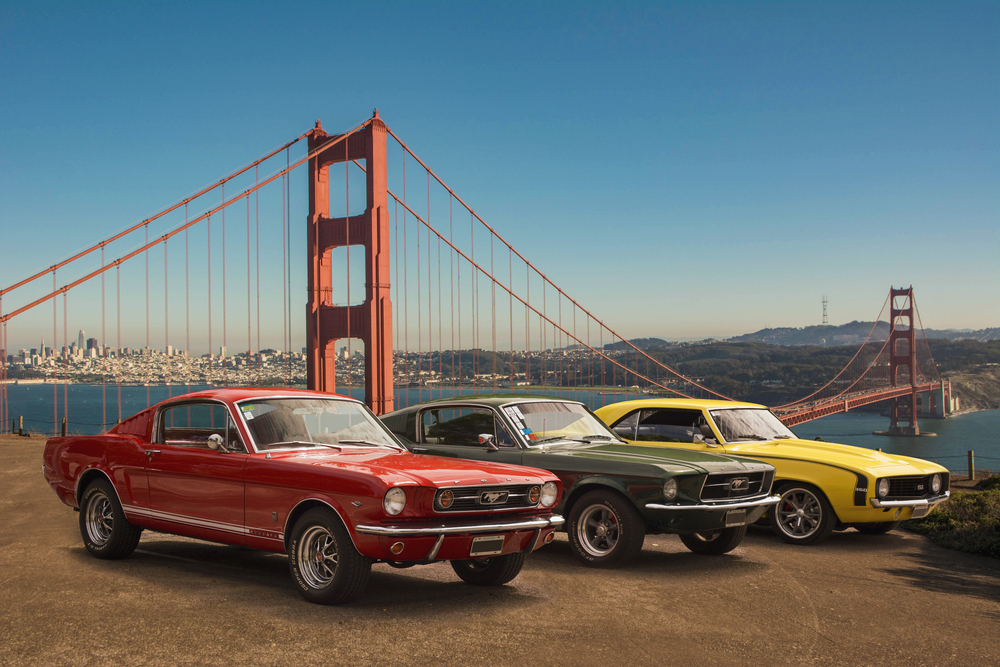
Classic American muscle cars hold a special place in automotive history, capturing the essence of power, speed, and style. These iconic vehicles not only defined an era but also left a lasting impact on car culture. Read More.

